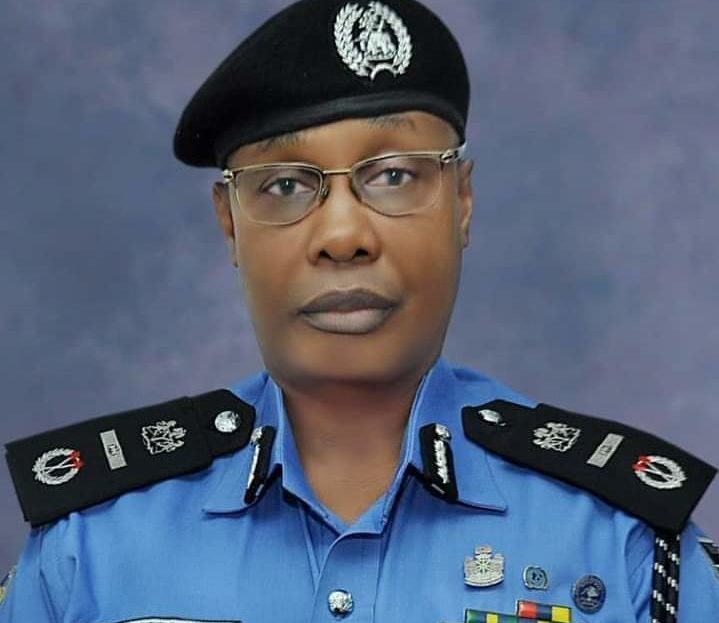The Inspector General of Police, Usman Alkali Baba, on January 3, 2022, issued a directive to all police commands on police investigations, an issue that is at the core of the failure of the administration of criminal justice in Nigeria. The new measures being put in place are targeted at eliminating duplication of investigations as a result of indiscriminate petitions and even transfer of cases from one command to another, or one state to another.
The implications of such practices are that there are usually multiple or parallel investigations into cases taking place at the same time. Such investigations lead to conflicting arrests of parties, and ultimately causing confusing outcomes, even when some cases are conclusively investigated and charged to court.
A statement on the new directive, signed by the Force Public Relations Officer, CSP Olumuyiwa Adejobi, said, “The Inspector General of Police has… warned that transfer or taking over of cases from commands/formations to force headquarters-based outfits must only be carried out upon approval of a written petition to the IGP which will serve as authority for any such action. The IGP equally appeals to members of the public to be on the same page with the police leadership in its bid to sanitise the process and strengthen our criminal justice system. He has similarly warned that officers found culpable of colluding with lawyers of, or indicted parties to abuse police investigative process will be sanctioned accordingly.”
We commend this vital step being taken by the IGP, considering the fact that the administration of the criminal justice system in Nigeria cannot attain its objective of quick dispensation of justice if there are flawed investigations by the Criminal Investigation Department (CID) of the police. Flawed or warped investigative reports by Investigating Police Officers (IPOs) would hamper the work of state prosecutors who have the responsibility of taking cases to court. A poorly investigated case or multiple investigative reports would limit the role of the judiciary in quickly dispensing cases.
One of the causes of the problem is indiscriminate transfer of IPOs from one station to another, an administrative step that is usually taken without recourse to what stage an IPO is in the investigation of criminal cases assigned to them. If a case is still at its early stage, its investigation could be handed over to another IPO, but if it has been completed, and the prosecutor has filed it in court, the IPO who did the investigation would be required to appear in court to testify whenever they are required to do so. In practice, this rarely happens, leading to many adjournments of cases, and frustrating the speedy delivery of justice.
There are other issues however. One is the lack of funds for IPOs to carry out their investigative activities. Nigerians are familiar with cases where IPOs have depended on complainants to provide funding for transportation, accommodation, feeding, and other expenses they incur in the process of carrying out investigations. The excuse is that the police authorities hardly release funds to IPOs to do their jobs.
As the dictum goes, ‘whosoever pays the piper dictates the tune.’ If a complainant is made to sponsor an investigation, it follows that the officer who carries out the exercise may be swayed by the lucre and produce a faulty investigative report that would not stand the test of a thorough scrutiny by a diligent judge or clever defence lawyers. Under such circumstances, cases are thrown out of court outrightly or judges are made to adjourn them several times, frustrating the course of justice. Therefore, standardising the police investigative process must include adequate funding for the process. There can be no standard investigation of any sort if police informants and complainants must fund police investigations.
The methods and tactics used for police investigations must also be looked into. Policemen are notorious for using torture as a strategy for extracting confessions from suspects in criminal cases. No doubt the police hierarchy knows that this method is undemocratic and not in synch with Nigeria’s constitution. It is unacceptable that in this age of technology, where forensic investigation, with the help of expert witnesses, and video footage is the culture, our police investigators still use crude and violent means to obtain evidence from suspects. The police must adopt modern approaches to criminal investigation, as a way of standardising its process, and, if necessary, seek collaboration with professionals in various fields to help with expertise and technology.
We must add that the police must ensure that only well-trained police officers, who can communicate effectively, are given investigative roles. It is disheartening that some police investigative reports are full of grammatical and logical errors, showing the lack of communicative competence and poor training. An investigative police officer must demonstrate competence in extracting evidence from suspects, informants and other sources, but they should also be competent in effectively recording reports of the investigation in order to establish a strong case before going to court. In Nigeria, this is lacking. The police hierarchy must not allow such incompetence to fester on, as the IGP sets in motion the process of standardising investigation by the police.



